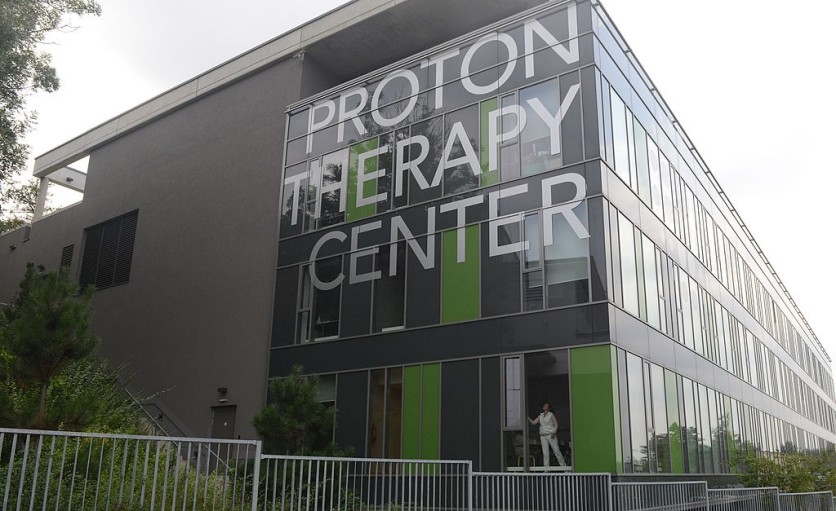An NHS trial is now ready to test proton beam therapy for breast cancer patients, as reported by Interesting Engineering.

Proton beam therapy is a hi-tech treatment that uses charged particles to target tumors, specifically for breast cancer patients. According to the press release, the trial aims to compare proton beam therapy with standard radiotherapy for those at a greater risk of long-term heart problems following radiotherapy treatment.
The Trial
The trial will involve 192 people across several UK sites, and they will be treated at the Christie or University College London Hospitals (UCLH).
People behind the trial are hopeful that proton beam therapy will offer more personalized treatment in the future.
In fact, the NHS has used proton beam therapy to treat patients with tumors in and around the spinal cord or brain. Moreover, three patients with breast cancer have already undergone the treatment.
One patient described the therapy as "superb," as reported by The Guardian.
The therapy can potentially reduce the risks of side effects following cancer treatment. In addition, researchers are hopeful that the hi-tech therapy will enable radiotherapy teams to deliver the needed dose of radiotherapy where it's necessary and minimize the dose of radiation delivered to the heart. Overall, these will not increase the chances of early side effects.
Proton beam therapy has been used in other countries to treat breast cancer, but only a few participants joined. Also, there are no reported trials of proton beam therapy combined with standard radiotherapy.
"Standard" Radiotherapy
Standard radiotherapy is a common treatment option among those who have breast cancer. Radiation is often delivered through a large machine, where a beam of high-energy X-Rays will reach the cancerous tumor.
Conventional radiotherapy can also cause side effects such as heart problems, which could significantly reduce a patient's quality of life. Therefore, the team is hoping that proton beam therapy can reduce the risks of such side effects.
NHS England's plan to improve cancer care focuses on three important efforts. The plan is to speed up cancer diagnosis, improve care for those with cancer, and improve access to cancer drugs.
Furthermore, proton beam therapy is one of the priorities for the NHS Cancer Plan. The NHS hopes proton beam therapy could be a valuable alternative for those resistant to conventional radiotherapy.
New technologies are created to improve the quality of treatment. Proton beam therapy is one of the new technologies for treating breast cancer.
Through proton beam therapy, doctors can minimize the risks of side effects caused by radiotherapy. Moreover, the accuracy of proton beam therapy can be a valuable alternative for those resistant to radiotherapy.

ⓒ 2026 TECHTIMES.com All rights reserved. Do not reproduce without permission.




